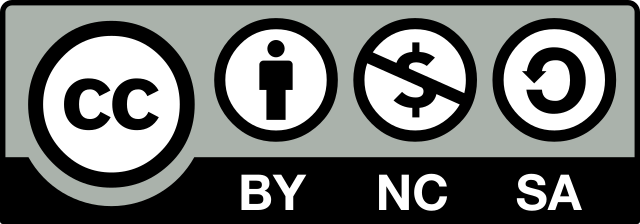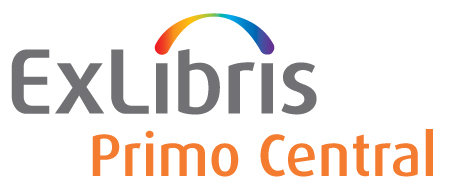Abstract
Objective The objective of the present study was to study the role of neutrophil gelatinase-associated lipocalin (NGAL) as an early biomarker of acute kidney injury (AKI) in the pediatric ICU (PICU) of Menoufia University. Background AKI represents a very devastating problem in critically ill children. Nephrologists are aware of the usefulness of serum NGAL as a biomarker of AKI. Participants and methods This study was carried out at the PICU of Menoufia University Hospital. This study included 80 participants. They were classified into group I (n = 20), including apparently healthy volunteers, and group II (n = 60), including children who were admitted to the PICU. All patients were subjected to full history and thorough clinical examination, routine investigations, and quantitative determination of serum NGAL levels. Results AKI developed in 18.3% of the cases. Cases had significantly higher levels of serum NGAL compared with the control group. There were significantly higher levels of serum NGAL among cases with AKI than in those without AKI. There were significantly higher levels of serum NGAL in septic AKI cases compared with septic non-AKI cases. The validity of serum NGAL for prediction of AKI, which documents the area under the curve, was 0.95 at a cutoff point of 155 ng/ml, sensitivity of 100%, specificity of 89.8%, positive predictive value of 68.8%, negative predictive value of 100%, and total accuracy of 91.7. Conclusion NGAL acts as a sensitive marker rather than a specific marker for AKI. At the same time, it presents a negative predictive value, more valuable than a positive predictive value, in detecting AKI.
Article Type
Original Study
Recommended Citation
Ibrahim, Atef M.; El Gendy, Fady M.; Rizk, Mohammed S.; and Saleh, Nagwan Y.
(2017)
"Serum neutrophil gelatinase-associated lipocalin as an early biomarker in acute kidney injury in the pediatric ICU of Menoufia University,"
Menoufia Medical Journal: Vol. 30:
Iss.
3, Article 22.
DOI: https://doi.org/10.4103/1110-2098.218289

 Attribution-NonCommercial-ShareAlike 4.0 International (CC BY-NC-SA 4.0)
Attribution-NonCommercial-ShareAlike 4.0 International (CC BY-NC-SA 4.0)



